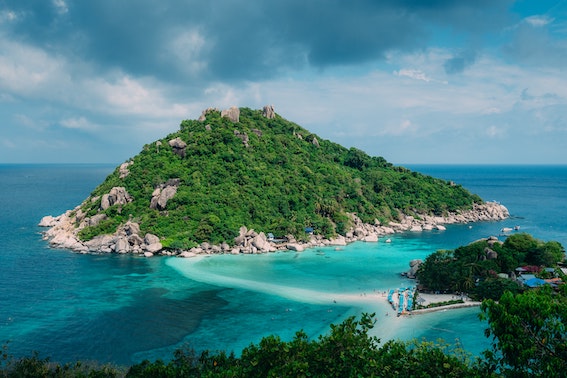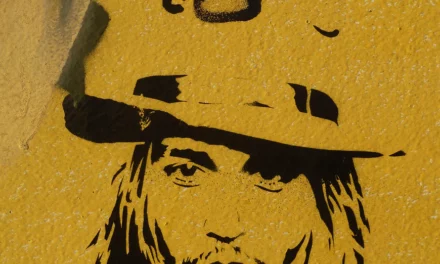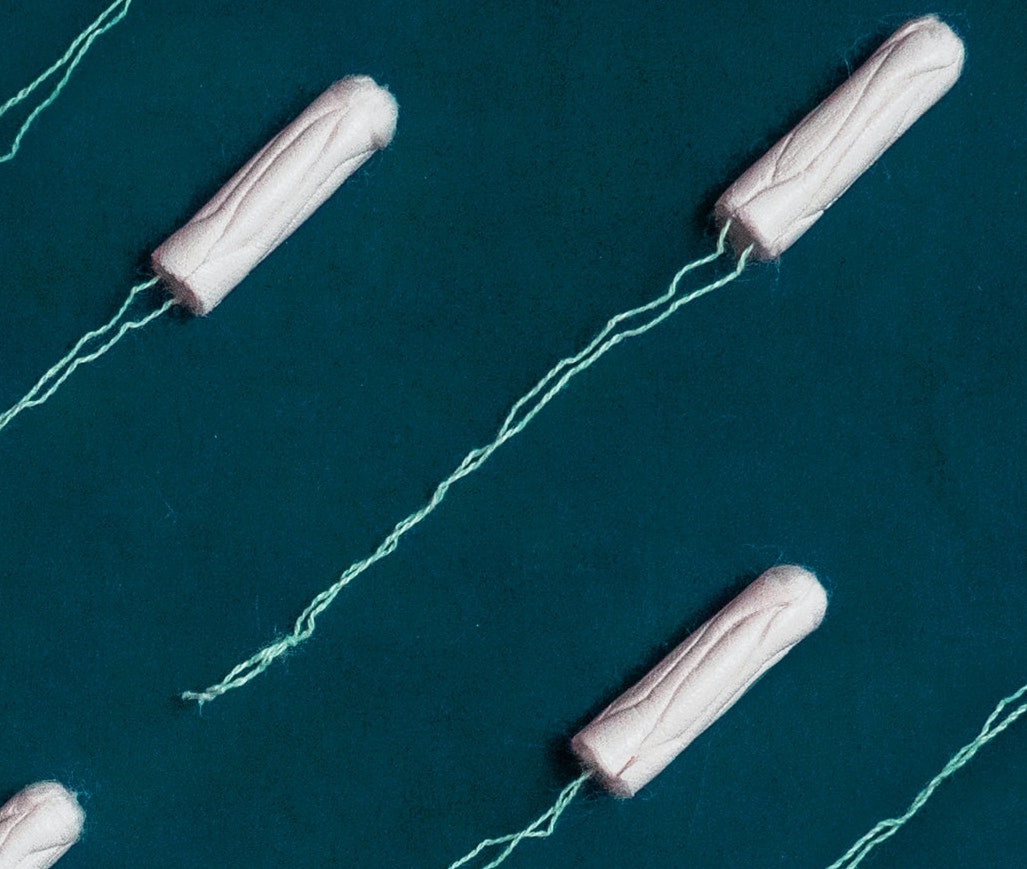The Chagos Islands, located in the Indian Ocean, have been under the control of the United Kingdom for nearly six decades. The claim to the archipelago, motivated by its strategic importance, began with its purchase from Mauritius in 1965 in exchange for its independence. The UK had agreed for the United States to establish a military base on the Chagos, which is still in place. However, the US had conditioned this deal upon the absence of the indigenous population, the Chagossians.[1] Since their deportation, which took place in the 1960s and 70s, they have been calling for a return to their place of origin. According to the recent statements by the Prime Minister of Mauritius, the UK is an illegal colonial occupier,[2] and its actions towards Chagossians – crimes against humanity.[3]
The issue is an example of the prolonged feeling of entitlement of a former colonising state to certain territories, despite the doubtful fairness and/or legality of their acquisition. In the case of the Chagos, although apologies have been made and a compensation fund established, the occupation continues.[4] It has been justified by the UK’s Foreign & Commonwealth Office as protecting people across the world against terrorists and pirates.[5] Thus, public pressure has so far had no significant effect on UK policy.
As to the main legal aspects of the issue, the UK has been accused of violations of international law not only by Mauritius, but also by the International Court of Justice (ICJ) and the United Nations General Assembly (UNGA). Following the latter’s request for an Advisory Opinion,[6] the ICJ concluded, by thirteen votes to one, that the UK is obliged to end its administration of the Chagos Islands “as rapidly as possible.”[7] The reasoning of the Court was based on the observation that the right to self-determination in the context of decolonisation has been recognised in multiple sources of international law, and constituted an international custom at the time of the occupation.[8] In May 2019, 116 UN member states affirmed the ICJ’s conclusion.[9]
Furthermore, the special chamber of the International Tribunal for the Law of the Sea also agreed with the ICJ by pointing out the implications of the Advisory Opinion, i.e. that the UK’s continued claim to sovereignty is illegitimate, and thus rightfully belongs to Mauritius.[10] Following the judgment, Mauritius’ Prime Minister stated that the nation is committed to maintaining the US military base after regaining sovereignty over the Chagos.[11] Thus, the UK’s arguments based on defence and security are irrelevant. For this reason, and because of the UK’s damaged image as regards respect for international law, it is advisable to finally give up the Chagos Islands.
[1] Julien Durup, ‘The Chagos. A short history and its legal identity’ (2013) 49-50 Études Océan Indien
[2] BBC, ‘Chagos Islands dispute: UK misses deadline to return control’ (BBC News, 22 November 2019)
[3] Andrew Harding, ‘Chagos Islands dispute: UK accused of “crimes against humanity” by Mauritius’ (BBC News, 27 December 2019)
[4] Katie Armour, ‘Just £12,000 of £40m fund for displaced Chagos islanders has been spent’ (The Guardian, 31 January 2021)
[5] Harding (n 3).
[6] United Nations General Assembly Res 71/292 (22 June 2017) UN Doc A/RES/71/292.
[7] Legal Consequences of the Separation of the Chagos Archipelago from Mauritius in 1965 (Advisory Opinion) [2019] ICJ Rep 95 [183(4)].
[8] ibid [150-161].
[9] UNGA, ‘General Assembly Welcomes International Court of Justice Opinion on Chagos Archipelago, Adopts Text Calling for Mauritius’ Complete Decolonization’ (22 May 2019)
[10] Dispute concerning delimitation of the maritime boundary between Mauritius and Maldives in the Indian Ocean (Mauritius v Maldives)(Judgment of 28 January 2021) ITLOS Reports 2021, 28 [246].
[11] Patrick Wintour, ‘UN court rejects UK claim to Chagos Islands in favour of Mauritius’ (The Guardian, 28 January 2021)








